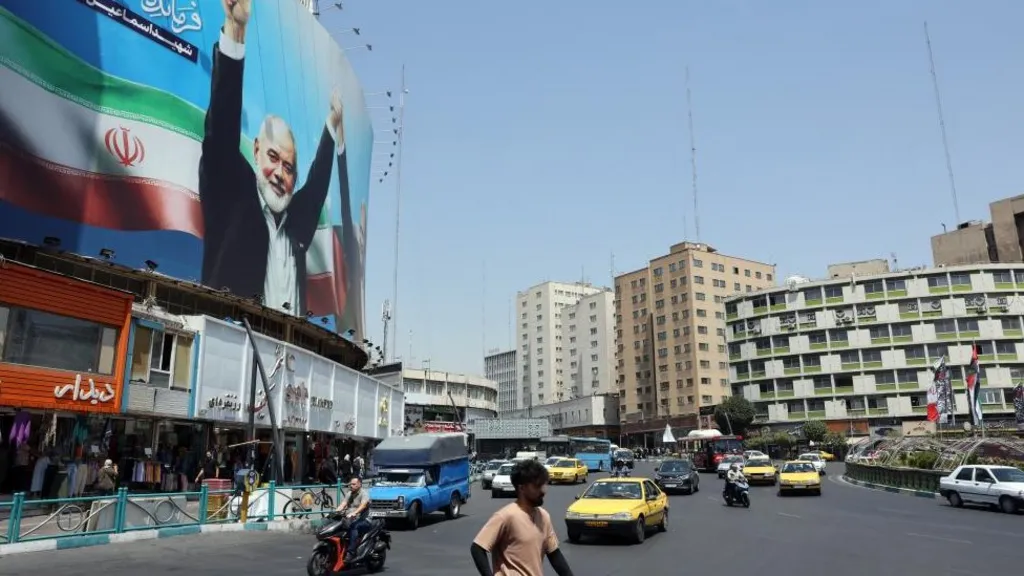
Why Israel Attacked Iran: Key Reasons Behind the Recent Strikes
Israel recently launched targeted airstrikes on Iran, sparking questions about the factors behind this escalation. The Why Israel attacked Iran narrative focuses on recent missile exchanges, Iran’s influence in the region, and the longstanding tension between the two nations. Here’s a breakdown of the situation.
Why Did Israel Strike Now?
Israel’s recent strikes come as a response to Iran’s missile attack on October 1, when Iran launched over 180 missiles targeting Israel. While Israel’s air defense systems intercepted most missiles, some hit Israeli bases, leading to casualties. In retaliation, Israel executed targeted strikes on what it called “military targets” in Iran, mainly focusing on missile manufacturing and launch sites.
What Led to Iran’s Initial Attack on Israel?
Iran’s recent aggression follows Israel’s operations against high-ranking Hezbollah and Hamas leaders in Lebanon and Iran. This year alone, Israel has killed multiple leaders connected to Iran, including Hezbollah’s Hassan Nasrallah and Hamas’s Ismail Haniyeh. Iran views Israel’s actions as a threat to its influence in the region, pushing it to retaliate directly, marking only its second direct attack on Israel.
The Israel-Iran Regional Conflict
The Why Israel attacked Iran story is rooted in a complex regional rivalry. Since the 1979 Islamic Revolution, Iran has opposed Israel’s existence, using its influence over groups like Hezbollah in Lebanon and Hamas in Gaza. Israel considers Iran’s growing presence and proxy network, including missile stockpiling in Lebanon and Syria, as existential threats.
Military Capabilities: A Key Factor in the Conflict
Israel and Iran differ in military capacity. Israel boasts one of the world’s most advanced air forces, with cutting-edge F-35 stealth jets and long-range strike capabilities. Iran, on the other hand, has focused on building a significant missile arsenal and supporting proxy forces but lacks advanced air defense systems. Russia has offered assistance to enhance Iran’s defenses, though Israel maintains a technological advantage.
The Nuclear Factor: A Continuing Concern
Another source of tension is Iran’s nuclear program. Israel suspects Iran’s nuclear activities are not solely peaceful, though Iran denies pursuing nuclear weapons. The possibility of nuclear escalation adds to the stakes of the Israel-Iran conflict, creating further pressure for both nations to prepare militarily.
Iran’s Network of Allies and Proxy Forces
Iran’s regional influence extends through alliances with Syria, Hezbollah, and various militias in Iraq, Yemen, and Palestine. This network allows Iran to challenge Israel indirectly and complicates diplomatic relations in the Middle East. The ongoing Israel-Iran confrontations reflect these complex alliances and show how regional dynamics influence individual conflicts.
The Why Israel attacked Iran question remains a reminder of how historical grievances, military posturing, and regional alliances continue to drive tensions. For now, global powers urge restraint as both nations reassess their strategies amid evolving threats.
External link: BBC
Internal link: Kenkou Land





